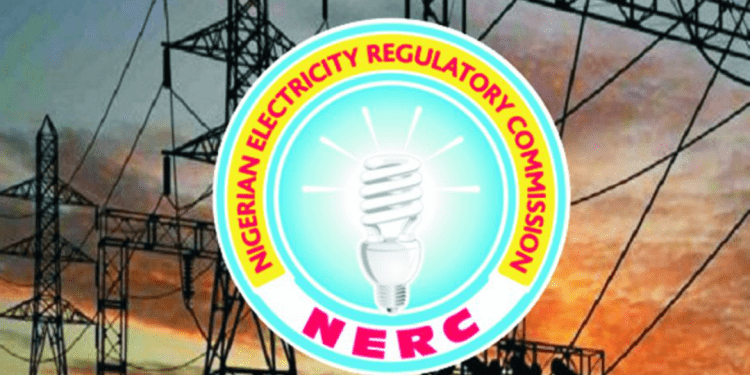The Association of Senior Civil Servants of Nigeria has bemoaned the hike in electricity tariff in the country.
National President of the association, Etim Okon, said this while reacting to the new increase in tariff with journalists on Wednesday in Abuja.
The Federal Government on April 3 announced the new increase in electricity tariff.
Mr Okon described the new policy as a “misplacement of priority, anti-people policy and unacceptable.’’
According to him, the hike in the electricity tariff from N66/kwh to N225/kwh for those who enjoy electricity supply for 20 hours per day is totally unacceptable and a recipe for unrest.
“This shows clearly that Nigeria is not ready for a 24- hour electricity supply. I think that the policy is not right, especially at this time of socioeconomic challenges where the cost of living is exorbitant and the salary of the workers remains static.
“Today, we are still battling with the fuel subsidy removal without any corresponding remedy and yet the increase in the electricity tariff without even the supply of electricity,” he said.
He said the federal government was prioritising revenue generation over the welfare of Nigerians who are currently struggling to survive.
He noted that the government, in the announcement, had said that the planned hike in electricity tariff would ensure at least 20 hours of power supply.
Mr Okon, therefore, advised the government to find ways of stabilising the economy before thinking of how to generate more revenue through taxation.
He urged the government to reconsider its stance and reverse to the old tariff
“If the labour union calls for protest, the government will say we are being insensitive but without consultation they just woke up and announced an increase in the price of electricity. No worker now can boast of anything with N30,000 minimum wage.
“The calculation on the ground and the high cost of living have already consumed everything before they even make the announcement, so where are we going from here. Government must reverse to the former tariff and allow the economy to have some level of stability,” he said.
(NAN)







